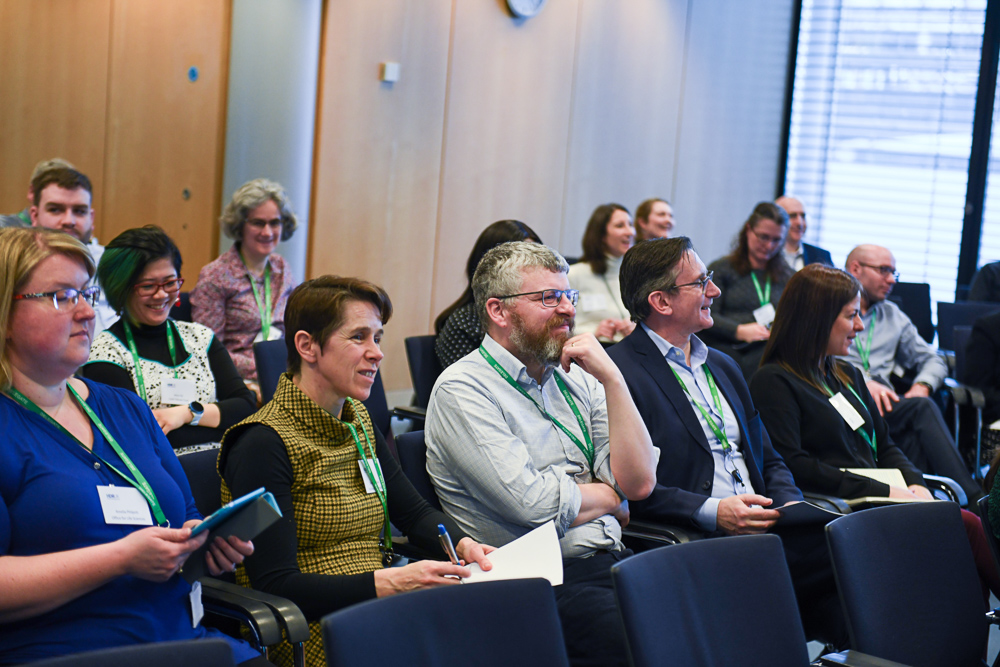Goldacre Review of Use of Health and Care Data for Research and Analysis
25 March 2021
Health Data Research UK (HDR UK) welcomes the opportunity to contribute to the Goldacre review of health data for research and analysis.
The health data research community have actively participated in the interviews and working groups and the HDR UK Public Advisory Board has also made a submission here.
This document summarises those contributions, provides additional inputs, and HDR UK case studies to support the published terms of reference for the Goldacre review. We look forward to working together with the review team and other partners on the implementation of the recommendations to help further the use of health data to enable discoveries that improve people’s lives.
Key points highlighted during HDR UK interviews
These are the points that HDR UK has emphasised through the review interviews to enable a trustworthy health data research ecosystem:
- Transparency of use and streamlined and harmonised data access through the Health Data Research Innovation Gateway: HDR UK has worked in partnership with NHS and research organisations in the Alliance to make improvements in data access based on the 5 Safes – this needs to be sustained, embedded and extended (particularly for primary care) to enable research benefiting other conditions
- Sustain and embed trustworthiness demonstrated through COVID-19, through effective patient and public engagement and involvement in data research and transparent reporting
- Commit to a trustworthy ecosystem that enables many researchers safely accessing many datasets for many uses (e.g. Clinical Trials, Understanding Causes of Disease, population health, industry)
- Include ‘health’ in the Digital Economy Act – enabling linkages between health and non-health data
- Support and enable the role of industry in the ecosystem delivery (e.g. public cloud)
- Celebrate the benefits of and importance of the four nations approach to enable research based on data representing the whole of the UK
- Support federation across Trusted Research Environments, including federated analysis to increase the power and impact of research studies
- Further develop professionalised, user orientated research services and expertise to help researchers and innovators use data for research
- Enable the ecosystem to scale up for new and diverse datasets, beyond the national NHS data, e.g. industry, symptom trackers; and increase representativeness in data to reduce data poverty
- Support and enable research on local/regional/national/international levels of data



